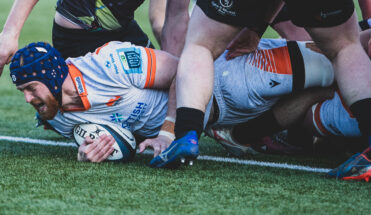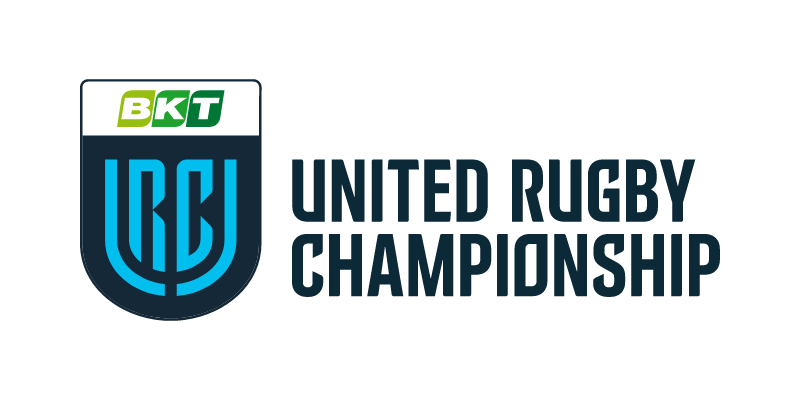Major history project commemorates 150 years of Edinburgh Rugby
Edinburgh Rugby today unveiled details of an extensive history and heritage project undertaken by the club to commemorate 150 years of representative rugby in the capital and kick-off a countdown to the 1872 Cup anniversary match against Glasgow Warriors at BT Murrayfield Stadium (Friday 30 December, kick-off 7.35pm) – tickets on sale next month.
Starting in 2020, the club’s marketing and communications department set out on a journey to identify and categorise every single player and match since the inaugural inter-city derby in 1872, against Glasgow Warriors (then Glasgow District) at Burnbank – the first of its kind in world rugby.
Some 1300 players later, Edinburgh Rugby can now plot the club’s evolution from its inauguration as a representative select – which faced its Scottish rivals annually in what was essentially an international trial – to the professional club side playing domestically, in Europe and South Africa we know today.
The details of the club’s extensive history are now housed on the Edinburgh Rugby website, accompanied by an acknowledgement of all known captains, with capped internationalists and British & Irish Lions to follow later in the year.
Douglas Struth, Edinburgh Rugby Managing Director, said: “It’s with great pride that we finally make public the findings of a project we’ve been working on behind the scenes for so long, and share it with our supporters, sponsors and stakeholders.
“This is a project of pride and passion designed to help everyone associated with Edinburgh Rugby recognise and celebrate the contribution these players, their clubs and schools have made over the past century-and-a-half, and better connect those throughout our history with those taking to the field today.”
Managing Director Douglas Struth
He added: “We’ve always known and been proud of the many greats who have represented Edinburgh over the decades but our ability to celebrate those years fully and develop a deeper sense of meaning or belonging through those eras has always been unfulfilled.
“It’s been a significant undertaking, with the information often hard to come by and even contradictory, however we’re delighted we can recognise all those who have been part of Edinburgh Rugby for a century and a half, tell some of the great stories unearthed throughout this process and celebrate this amazing anniversary of the club and 1872 Cup.
“Tickets to this year’s special and decisive BT Murrayfield leg of the 1872 Cup derby will go on sale next month, and we’d encourage everyone to join us at what will be a unique moment in history and, of course, a great contest between world rugby’s oldest inter-city rivals.”
Former Edinburgh captains, Scotland and British & Irish Lions players Finlay Calder, Gavin Hastings, Andy Irvine, and John Douglas – the club’s oldest surviving skipper – were first to see the club’s findings when they were presented with a player’s tie and a match report sourced from their debut, or in the case of Douglas, his first match as captain in 1970.
Douglas, who commended the project’s importance to ‘link the past with the present and provide a legacy for future generations’ then joined the others pitch side where they met newly appointed co-captains Grant Gilchrist and Jamie Ritchie, having seen with the full list of Edinburgh captains presented in its entirety, for the first time, starting with Francis Moncreiff in 1872.
Finlay Calder played 35 times for Edinburgh, alongside twin brother Jim (45 appearances) and elder brother John (18 appearances) – with the trio completing an Edinburgh back-row in 1981 against the South of Scotland – the programme for which the club showcased on the day.
Reflecting on the project and his time with Edinburgh, Calder said: “It’s really humbling to see. I still remember when I was first asked to play. The letters came out but Jim got mine and was asked to give it to me, so he drove straight down to Lauder. It was a precious moment because that was the platform to the next level.
“We always had good Edinburgh teams and the games were among my fondest memories. We had some really good players – David Sole, the Milnes, Jeremy Richardson.
“The project is just fantastic. It was Todd Blackadder who pointed out to me some time ago that this was the oldest inter-city fixture in the world, which is really something to be very proud of.”
Andy Irvine, who made 40 appearances in an Edinburgh shirt over a 20-year period, started for Edinburgh against the All Blacks in 1979 and skippered the side on the day a 24-year-old Finlay Calder made his debut.
Irvine said: I didn’t quite appreciate it was nearly 150 years, which is really something, and I started playing over 50 years ago myself.
“When you look at the tradition of Edinburgh, even back when we played, the inter-city match was a huge game. It was a huge honour to play and pull on the blue jersey of Edinburgh, especially as captain, and more so when you see the quality of Edinburgh captains throughout the years.
“I look back on many great memories with a great sense of pride. It’s a huge thing to play for your city and that’s why today I still love to come along to watch the Edinburgh pro side. There’s really that special feeling and special bond.”
Andy Irvine
Gavin Hastings, who played more then 20 times for Edinburgh and had the honour of captaining Scotland and the British & Irish Lions, was equally impressed with the work done to research and present the club’s history in full.
He added: “Scottish rugby is such that you grow up part and parcel of the history and particularly those from Edinburgh, with the big rivalries between the schools and the clubs.
“Even back then I remember being aware of the history and those who had played before me and who had enjoyed the adulation of the crowd – the Dougie Morgans and Bruce Hays – these were all big, big names when I was growing up as a kid.
“The realisation this is the oldest inter-city fixture and that we have 150 years of Edinburgh versus Glasgow is pretty amazing. It’s really nice to be part of that, part of history.”
The club will now allow for a period of public interrogation of the full player list before allocating and announcing a specific number to every player who has pulled on the Edinburgh shirt, throughout history, for the first time – from the very first (EM Bannerman of Edinburgh Accies in 1872) to the most recent (Sam Skinner, 2022).
Related Clubhouse

Boffelli returns for crunch Cardiff clash
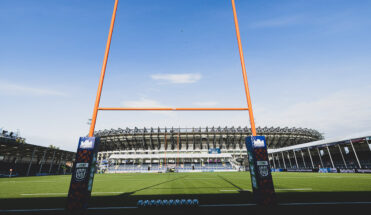
Black Lion come out on top against Edinburgh/Glasgow combined U23 team
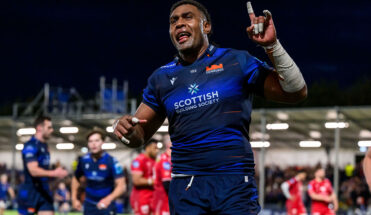
Munster now on sale!

Rugby for all: Inclusive Festival lights up Family Fest
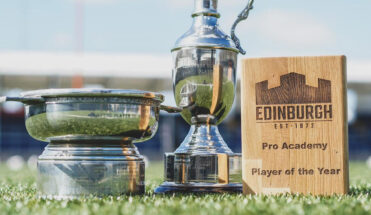
Season Award categories confirmed with a month to go
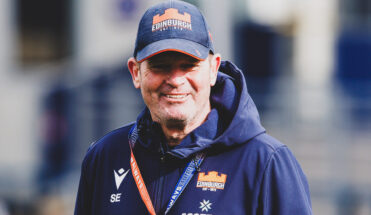
Press Pass with Sean Everitt
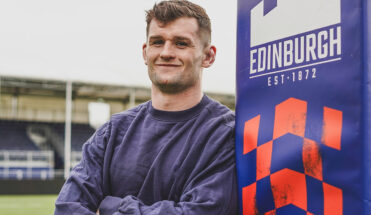
Centurion Bradbury makes capital return
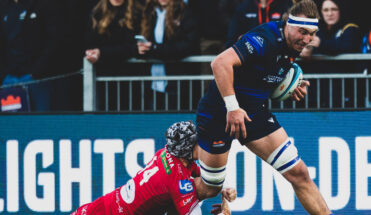

Highlights: Scarlets
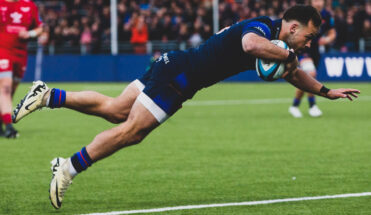
Edinburgh enhance play-off push with BP win
